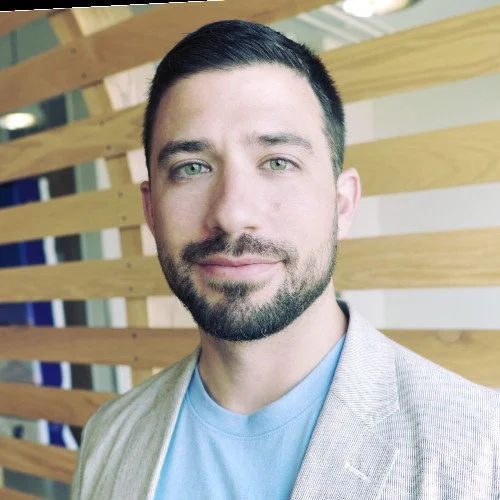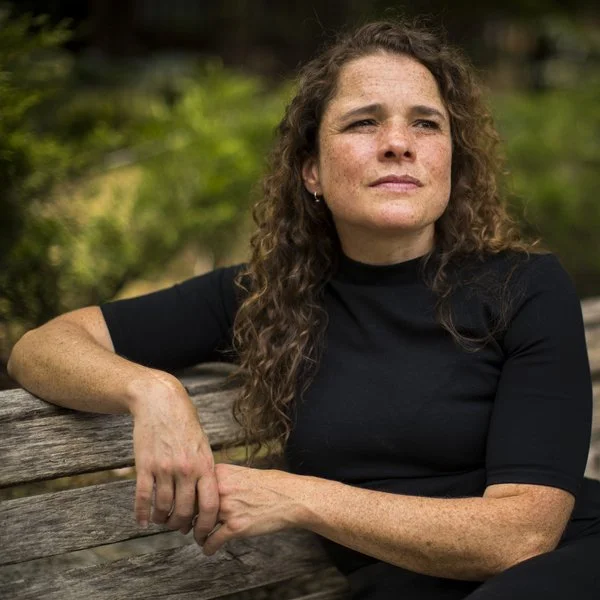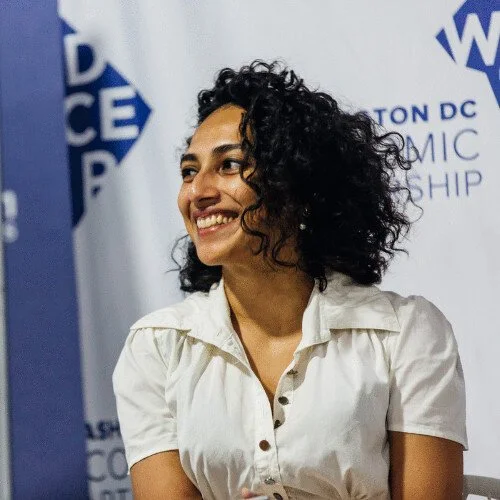
A public interest tech podcast about
tech + public policy + career advice
Latest episodes
Megan Mahle walks us through how she invests in American innovation from the lens of Department of Homeland Security. Through programs like the Small Business Innovation Research grant and the Silicon Valley Innovation Program, DHS enables startups to build new technologies that are useful both for security and commercial purposes.
How can we ensure the future of this country is determined by those who'll have to live in it? We speak with Jahnavi Rao, founder of New Voters, which is a non-profit that has helped over 50,000 high school students register to vote across the nation. Jahnavi discusses her work in managing a nationwide, distributed team of volunteers who help students register and make a difference in their high school communities. Jahnavi notes how voting has begun to be politicized, although younger voters on both sides of the aisle are still excited to have their voice heard. Jahnavi talks about her personal experiences in helping students vote, offers advice on her own career, and also discusses the vaccine outreach New Voters conducted over the past year. Listen in to be inspired by the work that she and her team are doing to ensure that young voters feel heard and empowered in an ever-changing world.
How do we build a regulator for digital platforms? In this episode, we talk to Tom Wheeler, former Chair of the U.S. Federal Communications Commission (FCC), about how regulators can balance technological innovation with other public interests such as protecting truth in media, a competitive marketplace, consumer data privacy, and more. Listen to Tom discuss how as the Chair of the FCC, he was able to implement rules to enforce net neutrality, data privacy, cybersecurity, and affordable broadband access for schools across the U.S. Tom discusses in detail about his proposal for a new agile regulator of digital platforms in the U.S. that he worked on with colleagues at Harvard University in order to fight the big con from Big Tech of needing "permissionless innovation" in order for the U.S. to remain competitive. With this new digital platforms regulator, the U.S. can take a leadership position in the world by creating the rules for how technology should interact with Americans rather than ceding control to the E.U., the U.K, or China. One of the areas the regulator can drive innovation is in creating more open data systems where consumers can switch social networks in the future as easily as they can switch phone providers today. Finally, Tom reflects on his illustrious career to offer some advice to recent grads to follow their passions, whether that's to Capitol Hill, to a private tech company, to a regulatory agency, or to a graduate degree. Ultimately, what they just need to get started and what they do for the next 3 years or 5 years is only the beginning of the long arc of their career.
Jarred Johnson and Ethan Finlan join us from Transit Matters, a Boston-based equitable transit advocacy group to help us envision a transit-forward Boston. Jarred and Ethan frame the conversation by discussing how necessary building sustainable infrastructure is in the US, as well as pointing to its rising importance in tackling climate change and moving us from our auto centric networks. They further discuss their views for the future of regional rail, expanding and streamlining access to the far-flung suburbs of Boston. Finally, they walk through their career paths into transit advocacy.
How can we fix the harms created by social media? In this episode, we talk to Trisha Prabhu from ReThink about addressing cyberbullying and other harms on social media. Listen to Trisha discuss how as a teenager she came to building an anti-cyberbullying app to tackle the problems that she saw firsthand in her community and with her peers and how working on this problem over almost a decade has shaped her perspective on what the future of content moderation can look like. As a scholar, Trisha has dived deep into how the U.S. has confronted the need to balance free speech with other public interests to successfully regulate other media technologies in the past, and she discusses how these historical case studies as well as upcoming regulations in the U.K. and the E.U. show a path forward on creating effective regulations for social media. Finally, as a young woman of color tech founder from Harvard, Trisha talks about what her career journey has been like thus far, what advice she would give to students wanting to pursue a career in public interest tech, and how the tech industry itself can become more welcoming to young people from more diverse backgrounds.
Let’s bring the government into the 21st Century. We chat with Jake Kramer, managing partner at FedTech, who tells us more about their work in the dual use technology space. With FedTech, Jake works with the Department of Defense, Department of Education, NASA, NIST, and more to incubate, invest in, and inspire new deep-tech startups who will turn around and sell their tools to the federal government, strengthening technical capabilities across the board. Jake highlights the effort the federal government is putting into innovation, the pace at which development is increasing, and new trends in the space. Finally, Jake highlights his path from serving in the Army to working in entrepreneurship, finance, and innovation.
How do we take action with data and ensure it’s used for good? Sarah Williams, Professor at MIT, joins us to discuss her work using data to evoke change. Sarah discusses her various projects, such as the Digital Matatus and Million Dollar Blocks, and how she both came across in designing them and also in constraining them to ensure they have the intended impact. She also discusses her framework to make smarter and more careful decisions with data, highlighting each principle with examples. Finally, Sarah talks about her path to combining data with design, maps with policy, and the twists and turns her career took to get her where she is.
How can we kickstart civic tech careers for young professionals? Ariana Soto, Deputy Director of Coding It Forward, joins us to discuss her work in creating new opportunities for students to learn more about applying their technical skills to government roles. Ariana discusses how Coding It Forward has supported over 300 students in helping bring federal, state, and local government agencies to the 21st century. In highlighting the lack of technical opportunities in the government, Ariana notes how students can create new paths from the private sector to the public sector and vice-versa, while also noting partners who have supported bringing recent grads new opportunities. Ariana highlights the skills that can help in government roles, and then finally discusses her serendipitous path to where she is herself.
How can we use tech to make better buildings and cities in the future? In this episode, we talk to Raja Ghawi from Suffolk Tech about his work investing in technology companies innovating on making construction cheaper, safer, and more environmentally friendly. For example, Raja talks about how software can catch small construction mistakes before they snowball into bigger ones and how robots can make drywall more cheaply, faster, and safer than ever. Listen to Raja discuss the career opportunities in the construction industry for both tradespeople and technologists, the role that government policy can play in pushing for more energy-efficient buildings, and how to finance the transition away from the status quo. Raja also talks about his own journey into the construction tech industry from growing up in Syria to attending Harvard to working in management consulting to working at Suffolk Construction. Listen to Raja talk about how to address the lack of diversity in venture capital and in the construction industry and finally, why he believes algorithms can help design more collaborative and social spaces and cities in the future.
What is the future of mobility? In this episode, we speak with Prachi Vakharia from the MBTA and co-founder of Womanium. Prachi discusses her meandering path towards transportation tech and innovation as well as her work in guiding electrification and autonomous vehicle development. Prachi tells us more about how policy has to lay the groundwork for investment in the electric vehicle space, and raises hot takes on the current state of self-driving vehicles. Prachi also notes major limitations around innovation and competition here in the US. Prachi also outlines her vision of the future of urbanism and how it aligns with the 15 minute city model. Finally, Prachi highlights her incredible work at Womanium, an organization she co-founded to inspire young women to jump into STEM fields and apply what they've learned to drive innovation, relating to her own experience as a pioneering woman in STEM.
What is the future of money? In this episode, we talk to Tim Massad, former Chair of the U.S. Commodity Futures Trading Commission about how to regulate stablecoins, central bank digital currencies (CDBCs), and other cryptocurrencies. Tim discusses how his experience with helping the U.S. government implement its bail-out of large banks during the 2008 Great Financial Crisis has influenced his perspective on the benefits and risks of stablecoins. Tim also talks about how he is in favor of promoting more competition in the financial sector including from new crypto firms in order to speed up payments in the U.S. while still protecting consumer interests. Finally, Tim encourages young lawyers to seek out opportunities to work on hard problems at the cutting edge of finance, technology, regulations, and more in their careers in order to do meaningful work to make life better for the average American.
What happens when thousands of middle schoolers and high schoolers show their apps to Congress? In this episode, we talk to Joe Alessi of the Congressional App Challenge about how more than 40,000 middle schoolers and high schoolers from around the US have participated in one of the largest hackathons in the US every year and even influenced how Members of Congress think about the role of technology in their home districts. Listen to Joe talk about how the Congressional App Challenge got started in 2015 and has since seen participation in more than 75% of Congressional Districts on a bipartisan basis. Joe also discusses what kinds of apps students are working on, how many students are overcoming the challenges of limited computer science resources as well as the additional burdens of the pandemic, and how participating in the Congressional App Challenge has enabled many students, who may be too young to vote, to express their concerns through technology to Members of Congress. Now that many alums of the Congressional App Challenge are in college and even starting their careers, Joe talks about how there is an ever-growing community of past participants who can support each other and pay it forward by guiding the next generation of young students looking to make a positive impact with technology.
Meet the hosts
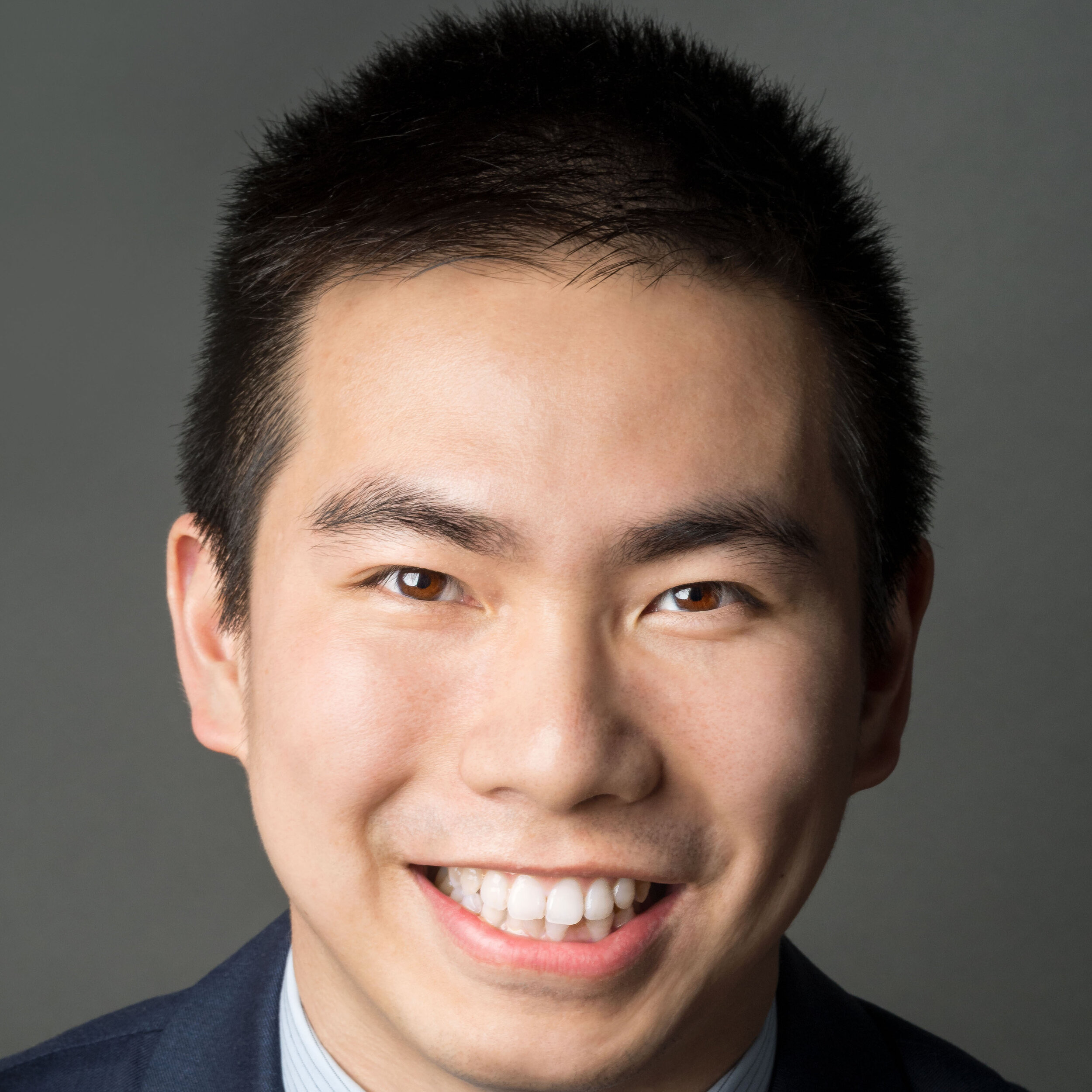
Dr. Jinyan Zang
Dr. Jinyan Zang is a Scholar at the Public Interest Tech Lab at Harvard and a Fellow at Harvard Kennedy School. He is an experienced researcher on algorithmic discrimination, consumer protection, data and election security, and privacy issues as a Technology Fellow at the Federal Trade Commission and as a Research Analyst at Harvard University. He graduated with a B.A. in Economics from Harvard in 2013 and graduated with a Ph.D. in Political Science from Harvard in 2021.
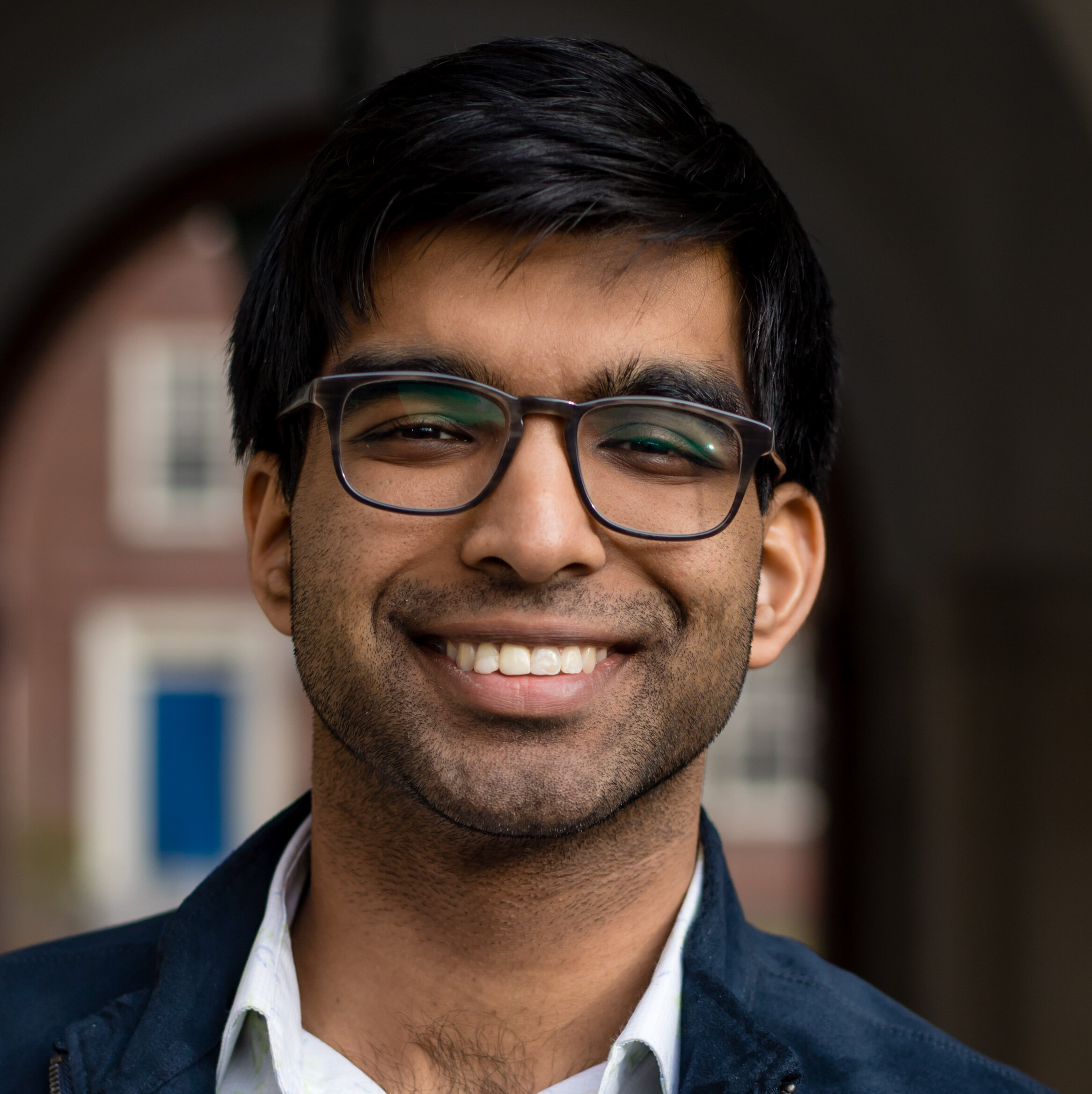
Dhruv Gupta
Dhruv Gupta collaborates with the Public Interest Tech Lab at Harvard with the non-profit he co-founded, Megaphone, building election and media tech. Day-to-day, he does BD at Zoba and has a background in engineering, business development, and policy. He graduated from Harvard in 2020 with a degree in Computer Science and Government. After graduating, he founded BikePath, a Y Combinator backed startup focused on micro-mobility optimization.






